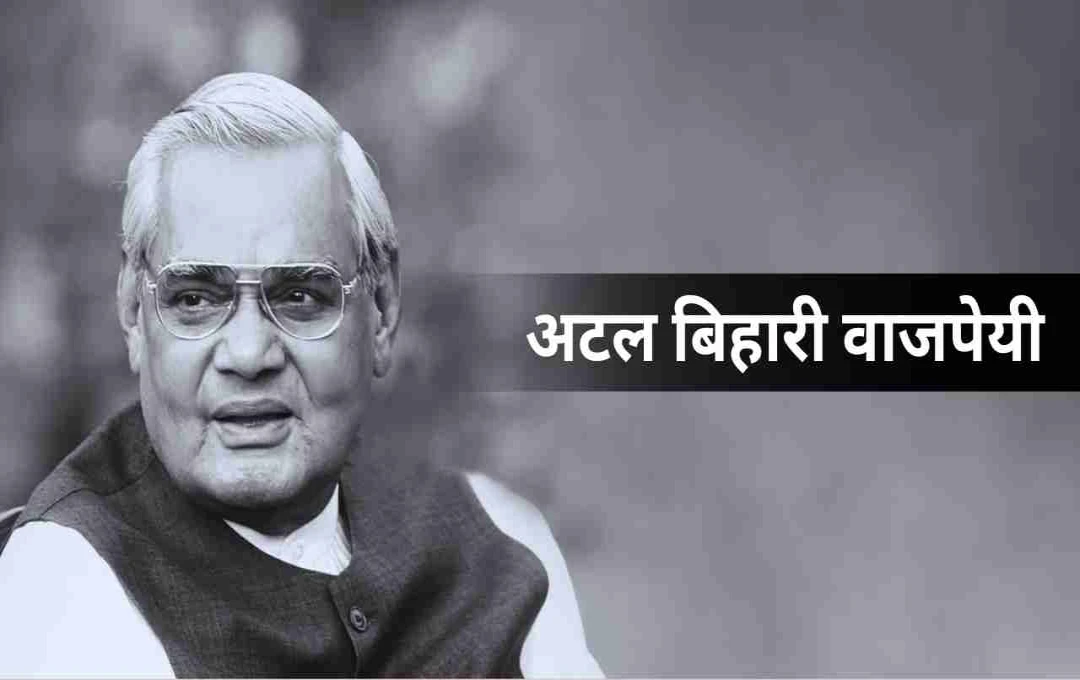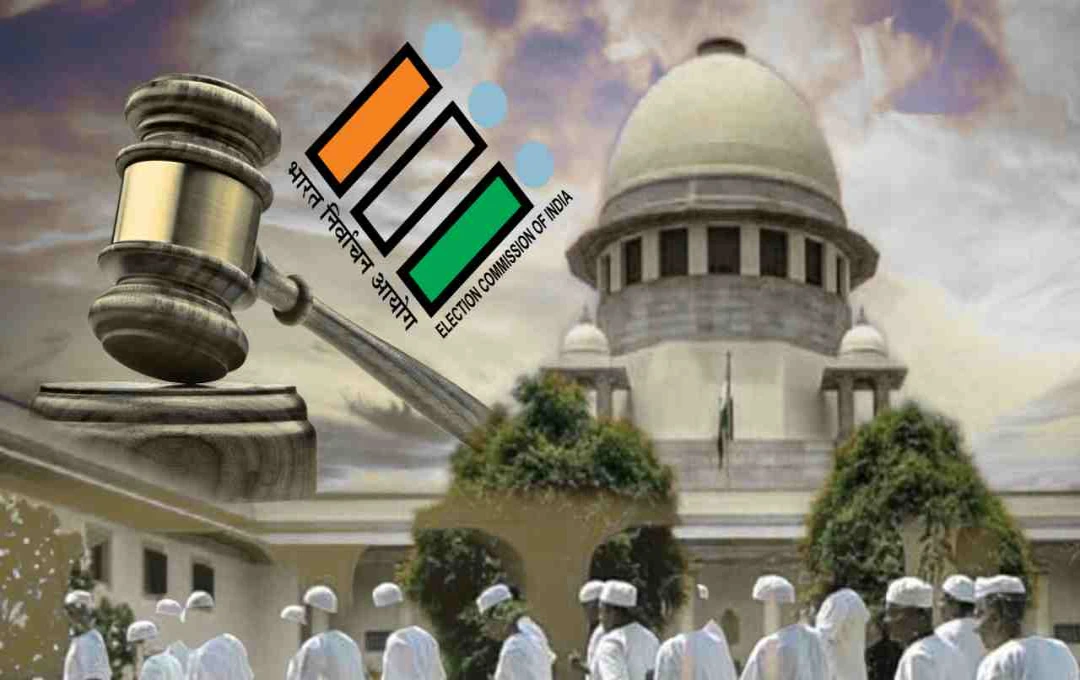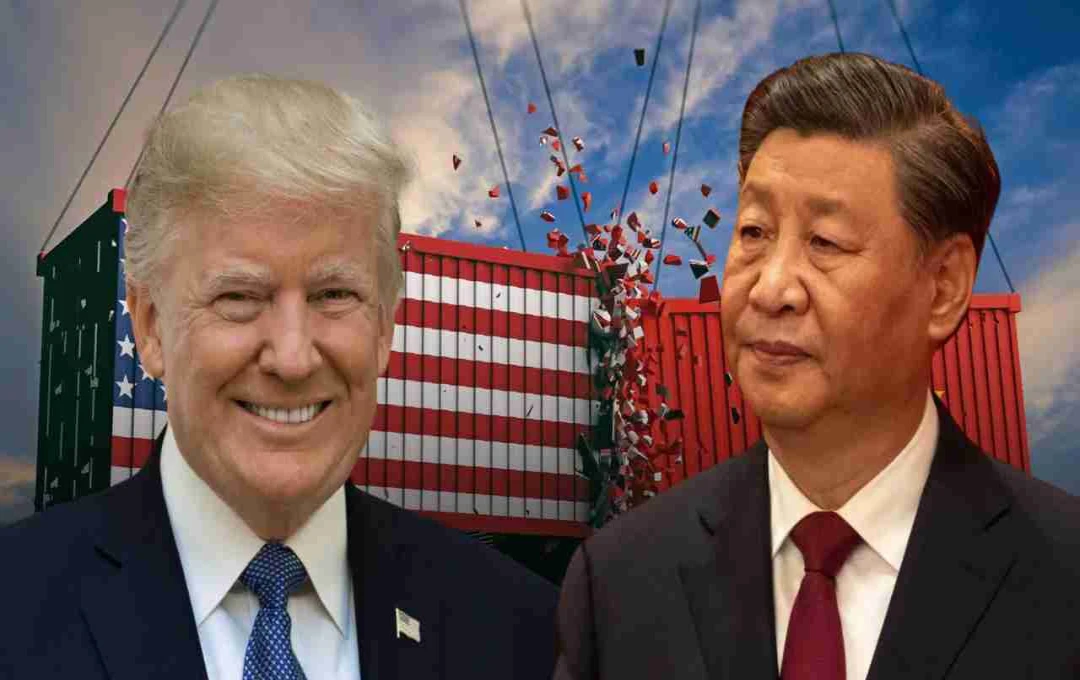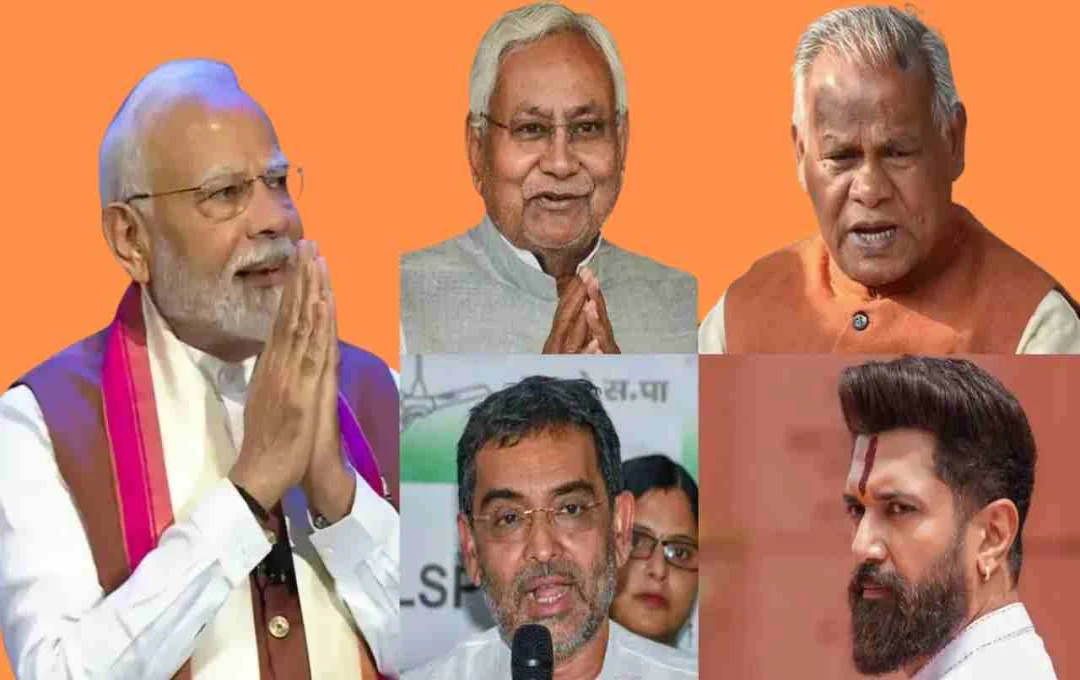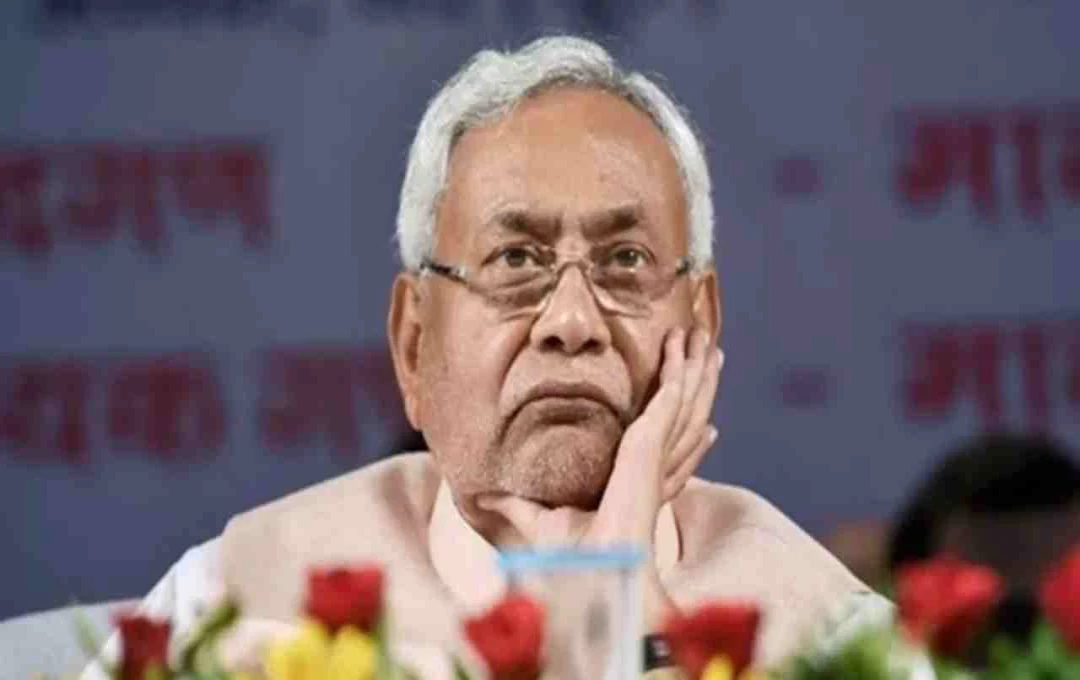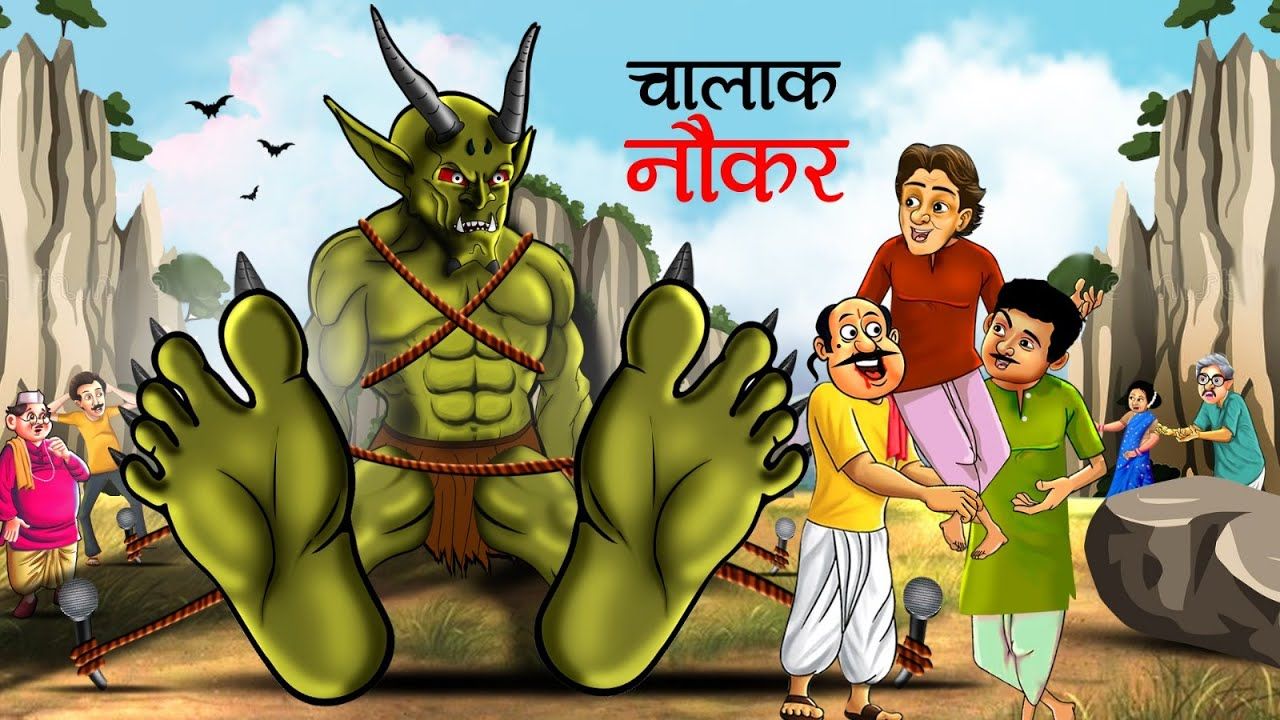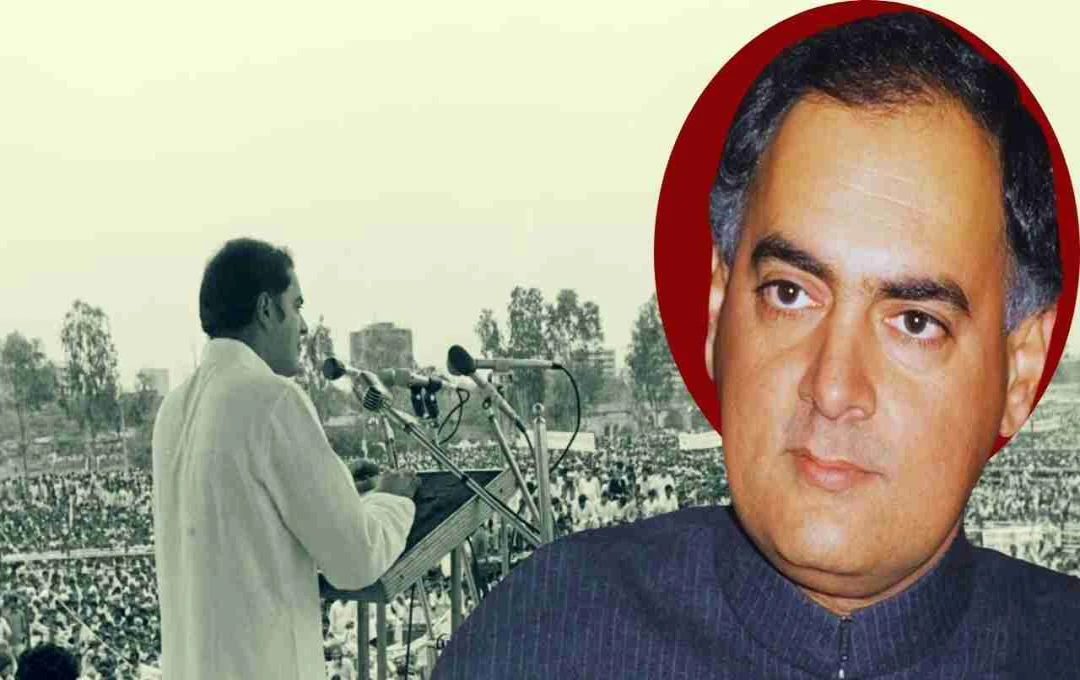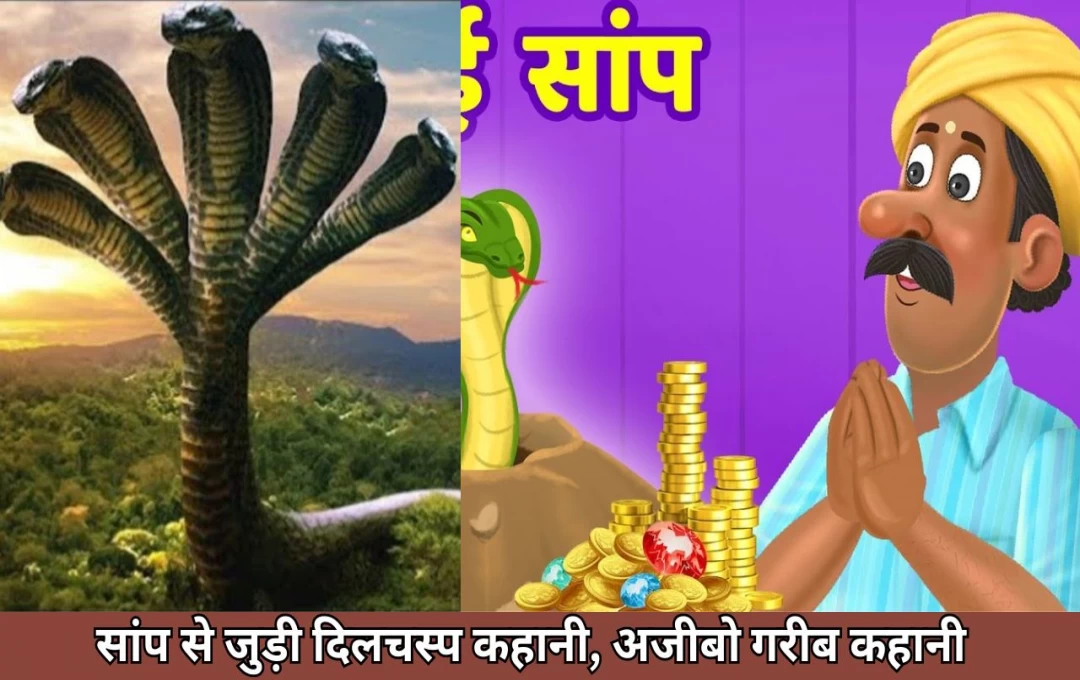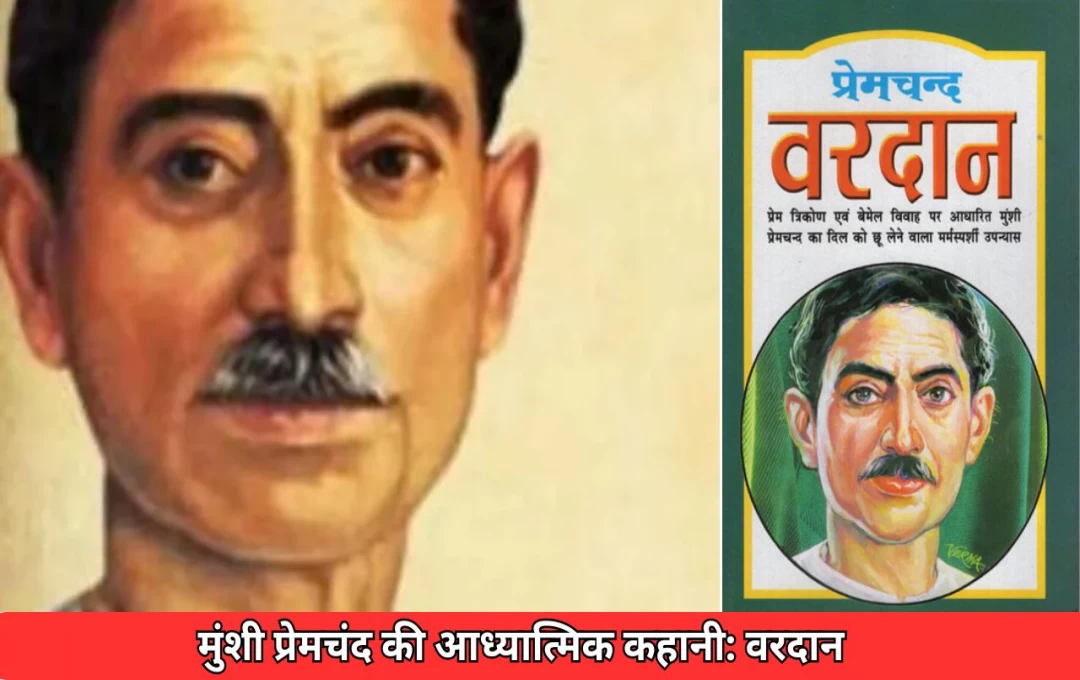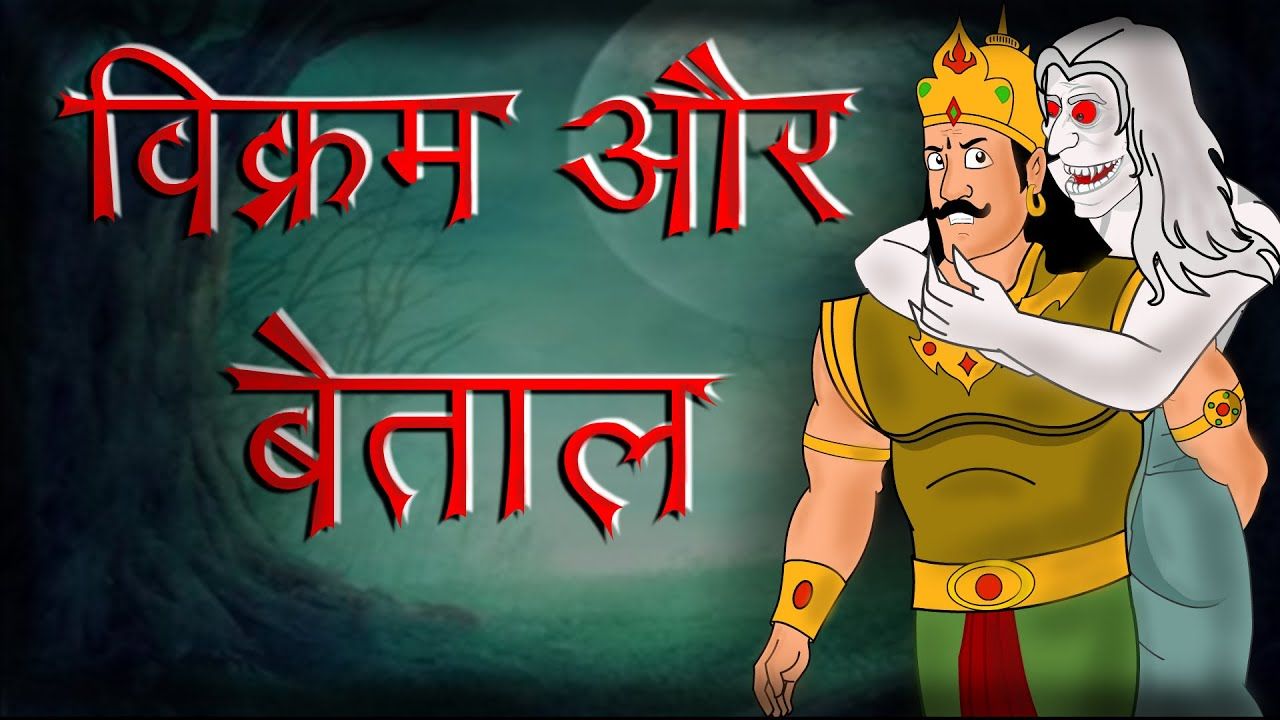In Indian politics, some names transcend mere positions, becoming immortal in the public consciousness not just through their offices but also through their personalities, ideas, and sensitivity. Atal Bihari Vajpayee was one such rare leader – as eloquent a speaker as he was a tender poet. On the one hand, he was a Prime Minister, a decisive leader in his role as a politician, and on the other, a soulful spirit dedicated to the nation through his poetry. His life was a vibrant confluence of Indian politics, poetry, and nationalism.
Early Life: The Birth of a Poet's Soul
Born on December 25, 1924, in Gwalior, Madhya Pradesh, Atal Ji's father, Pandit Krishna Bihari Vajpayee, was a poet and teacher himself. From a young age, Atal Ji imbibed the seeds of language, literature, and patriotism. He obtained a B.A. from Victoria College (now Laxmibai College) in Gwalior and an M.A. (Political Science) with first-class honors from DAV College, Kanpur. He also began studying LL.B. but became a full-time pracharak (preacher) after joining the Rashtriya Swayamsevak Sangh (RSS). The course of his life changed when he read Mahatma Ramchandra Veer's book 'Vijay Pataka', which ignited in him a b desire to do something for the nation's benefit.
Political Journey: A Trial by Fire of Ideas
Atal Ji participated in the establishment of the Jan Sangh in 1951 and entered the Lok Sabha for the first time in 1957 from Balrampur. He was also the national president of the Bharatiya Jan Sangh from 1968 to 1973. After the formation of the Janata Party, he became the Minister of External Affairs in Morarji Desai's government in 1977 and enhanced India's prestige on the international stage. He played a central role in the establishment of the Bharatiya Janata Party (BJP) in 1980. He established it as an alternative political force as the party's first president.
The Foundation from Jan Sangh to BJP
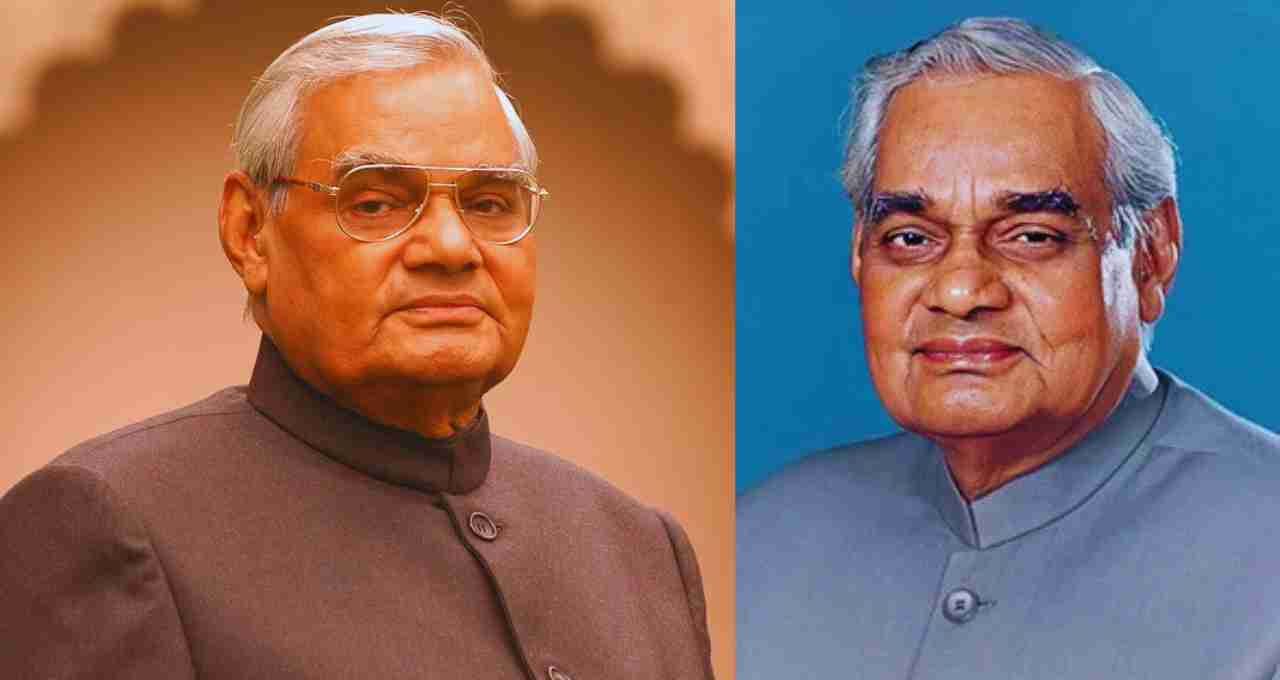
As the president of the Jan Sangh, Atal Ji established the party on an ideological basis. When democracy was threatened during the Emergency, he, along with other leaders, formed the Janata Party. However, due to ideological differences, he founded the Bharatiya Janata Party (BJP) in 1980. This is the same party that later changed the course of the country's politics.
The Golden Era as Prime Minister
Atal Ji became the Prime Minister of India three times—for the first time in 1996 for 13 days, the second time from 1998 to 1999, and the third time for a full term from 1999 to 2004. His tenure is considered among the golden eras of India. He governed at a time when coalition politics was complex, yet he set an example of good governance by bringing all parties together.
Coordination of Development, Science, and Security
Under Vajpayee Ji's leadership, India conducted nuclear tests in Pokhran in 1998, making its strategic strength known to the world. Economic reforms were accelerated, a revolution occurred in the IT and telecommunications sectors, and schemes like the Golden Quadrilateral road project were initiated, which gave a new direction to connecting rural and urban India. His patience and decisiveness during the Kargil War united the entire nation.
Initiatives for Peace and Dialogue
While prioritizing the country's security, he also made historic initiatives for peace talks with Pakistan. During the Lahore Bus Yatra in 1999, he extended a hand of friendship, but the Kargil incident soured these relations. Despite this, Vajpayee Ji adopted a clear policy of "We do not believe in war, but we know how to defend ourselves."
Poetic Heart: The Touch of Creativity in Politics
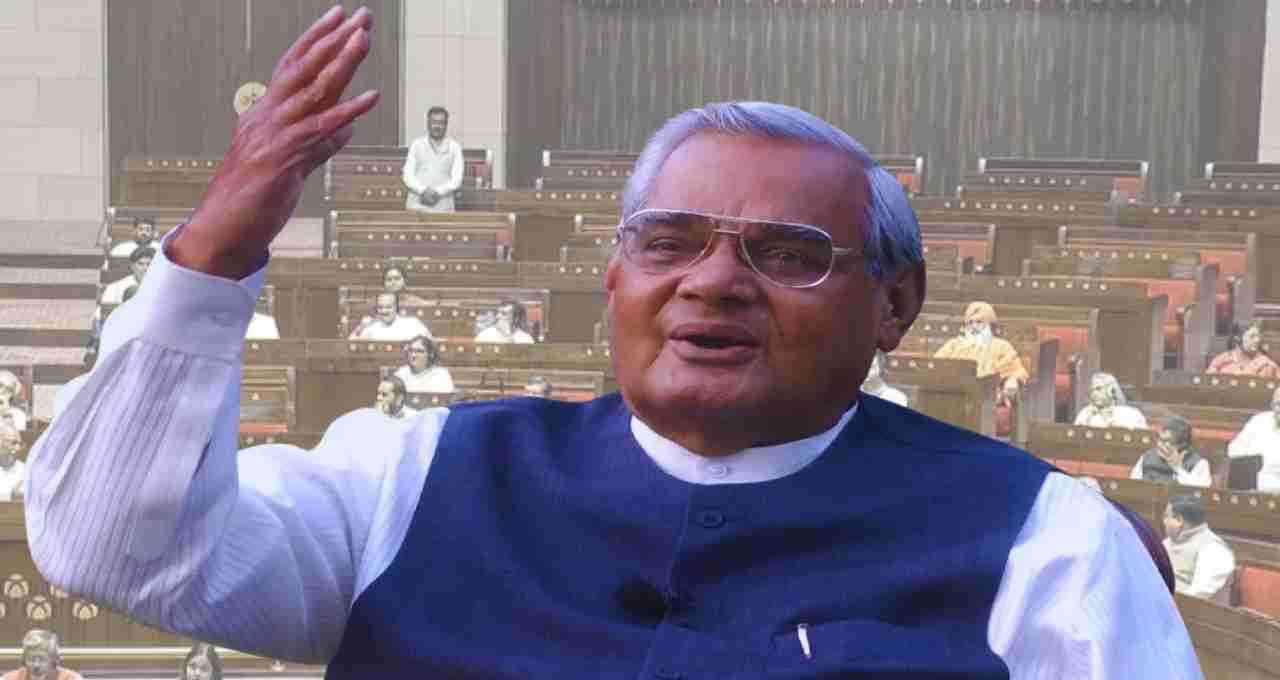
Atal Ji was not limited to politics. He was a distinguished poet in Hindi literature. His poems were related to struggle, self-confidence, patriotism, and personal experiences. His collection of poems, 'Meri Ikyavan Kavitayen', still awakens the spirit of patriotism in the youth. Lines from his poems like "Har nahi manunga, rar nai thanunga" (I will not give up, I will not back down) provide solace to the countrymen during times of struggle. A music album was also released by singer Jagjit Singh by setting his poems to music.
Personal Life: An Ascetic Lifestyle
Atal Ji never married. He remained dedicated to the service of the nation throughout his life. He adopted his friend's daughter, Namita Bhattacharya, as his adopted daughter and stayed with her until the end of his life. This sacrifice and restraint are an example of his character, often compared to 'Bhishma Pitamah' (a great figure known for his integrity).
Final Days and National Tribute
After 2009, Atal Ji withdrew from active politics. Due to serious health problems, he was admitted to AIIMS, Delhi, on June 11, 2018. He breathed his last on August 16, 2018. The whole country bid him farewell with tearful eyes. On August 17, thousands of people, including Prime Minister Narendra Modi, walked in his final journey. His memorial site, 'Sadaiv Atal', is still a center of inspiration.
Atal Bihari Vajpayee was not just a politician; he was an idea—an idea of selfless dedication to the nation, of integrity in politics, of gentleness in dialogue, and of sensitivity in poems. His life is an inspiration of how an individual becomes a man of the era through the confluence of ideas, leadership, and sensitivity. Even today, when a powerful speaker speaks in Parliament or when a poet talks about patriotism, the memory of Atal Ji is automatically awakened.
